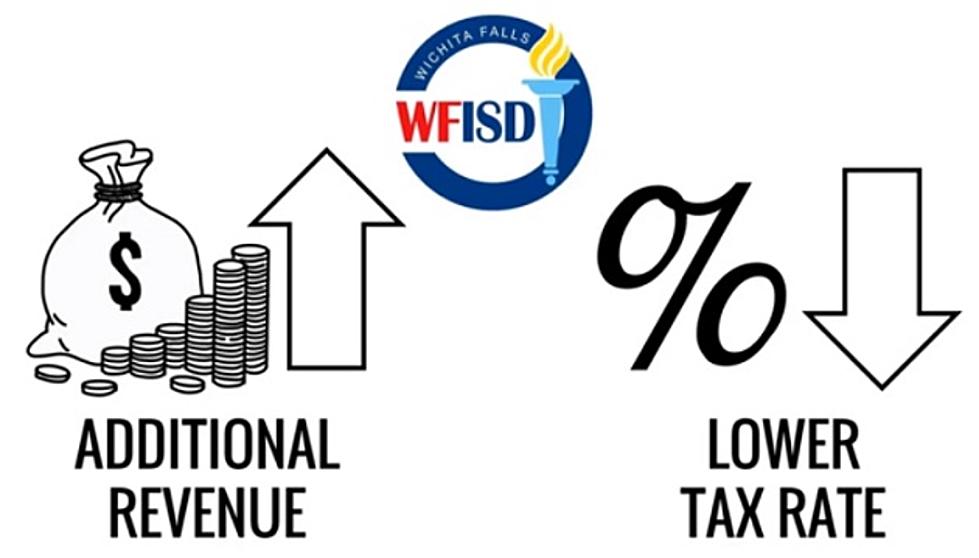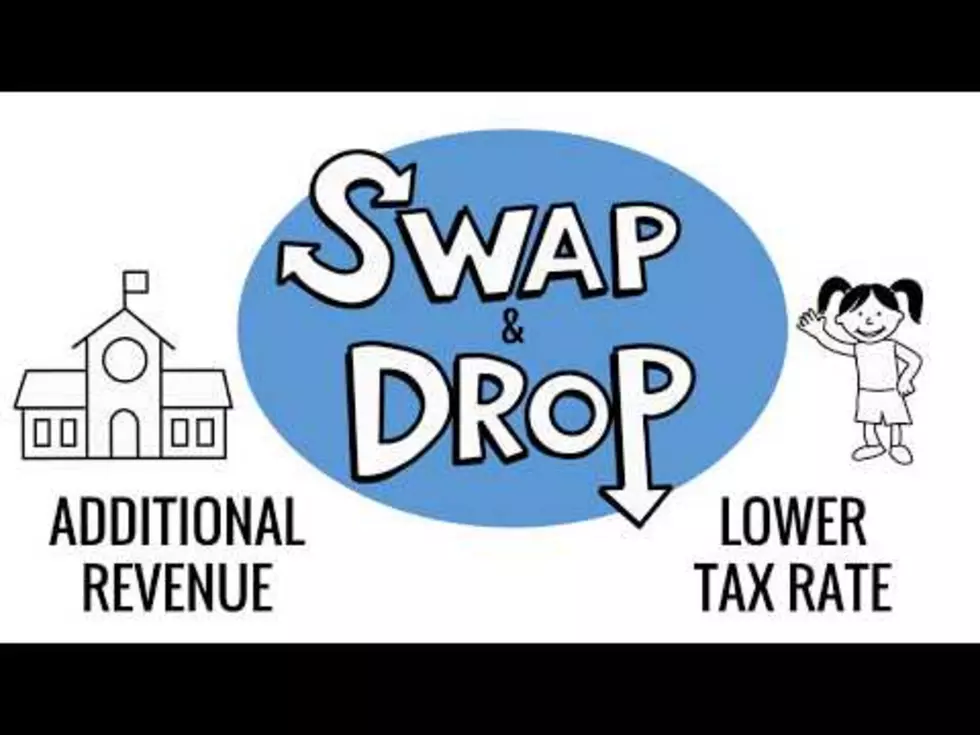
Still Haven’t Received Your Tax Refund? Here’s Why
It’s been a rough year for everyone and the Internal Revenue Service is no exception.
The IRS has been pushed to the limit this tax season with stimulus payments going out around the same time most people are filing their taxes. Even though the official tax deadline was pushed back to May 17 from the original deadline of April 15, many people have already filed, according to USA Today.
Tax filers typically receive their refund in 21 days or less, but this year it’s taking anywhere from six to eight weeks for some filers to receive their much-needed tax refunds.

As you might expect, the COVID-19 pandemic is mostly to blame due to the fact that the IRS is still processing payments from 2019. It’s partly because the IRS has been understaffed since the pandemic reached our shores. But, it’s also because many of the 2019 returns weren’t received until the summer and fall after the agency extended last year’s filing deadline to July 15.
AS of April 9, there were 1.5 million tax returns filed last year that are still in the so-called “processing pipeline.”
Antonio Brown, a CPA in Flint, Michigan called the situation a “big mess,” saying he had around 15 clients who were still waiting for their refund:
They've been contacting me almost weekly. And every time I check the IRS website it says that the refund is being processed and the refund date has yet to be determined.
Who can expect delays?
The IRS issued guidance to tax professionals that outlined situations that may cause a delay in receiving a refund. In some cases, tax returns may require a correction relating to stimulus payments. Some of the delays are also the result of the IRS needing to validate information for those who are claiming the Earned Tax Credit or the Advance Child Tax Credit.
Even though some taxpayers are experiencing delays in receiving their refunds, the IRS says that 9 out of 10 refunds are issued within 21 days for those who use electronic filing and direct deposit.
KEEP READING: Scroll to see what the big headlines were the year you were born
20 Words and Phrases That Are So 2020
More From Newstalk 1290









